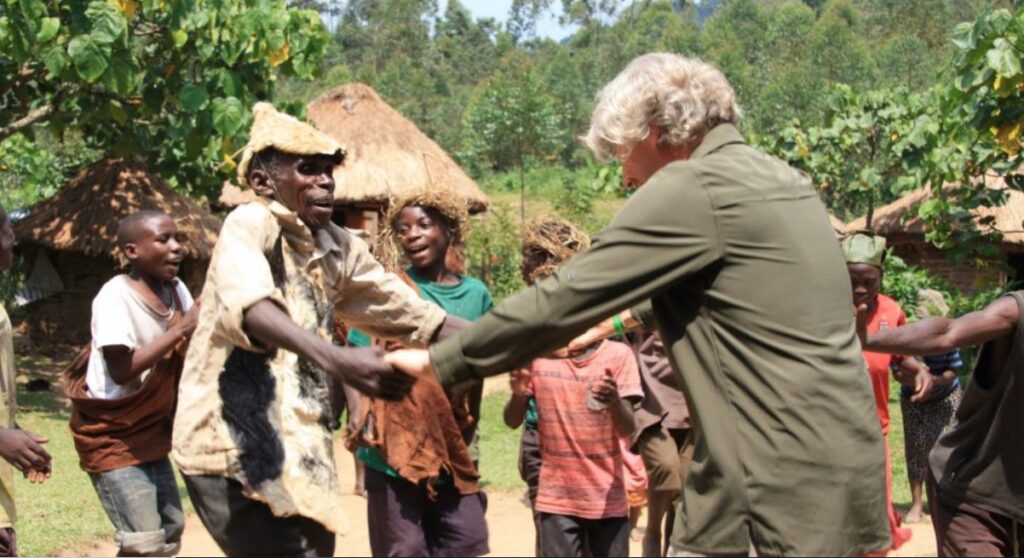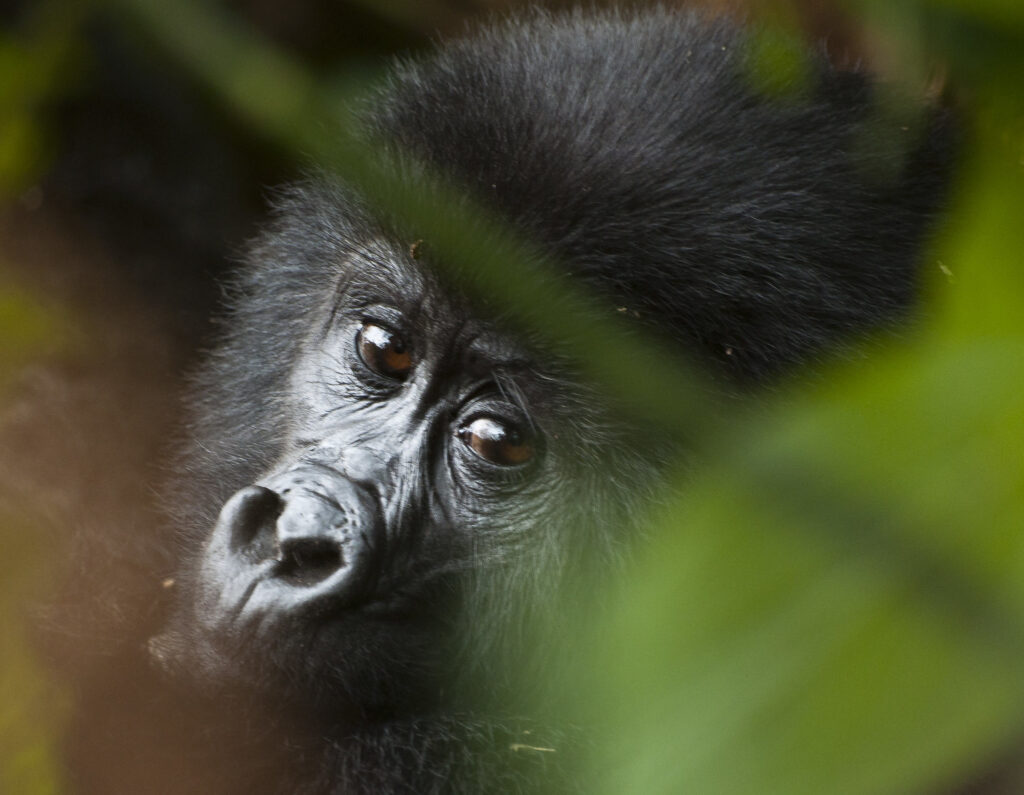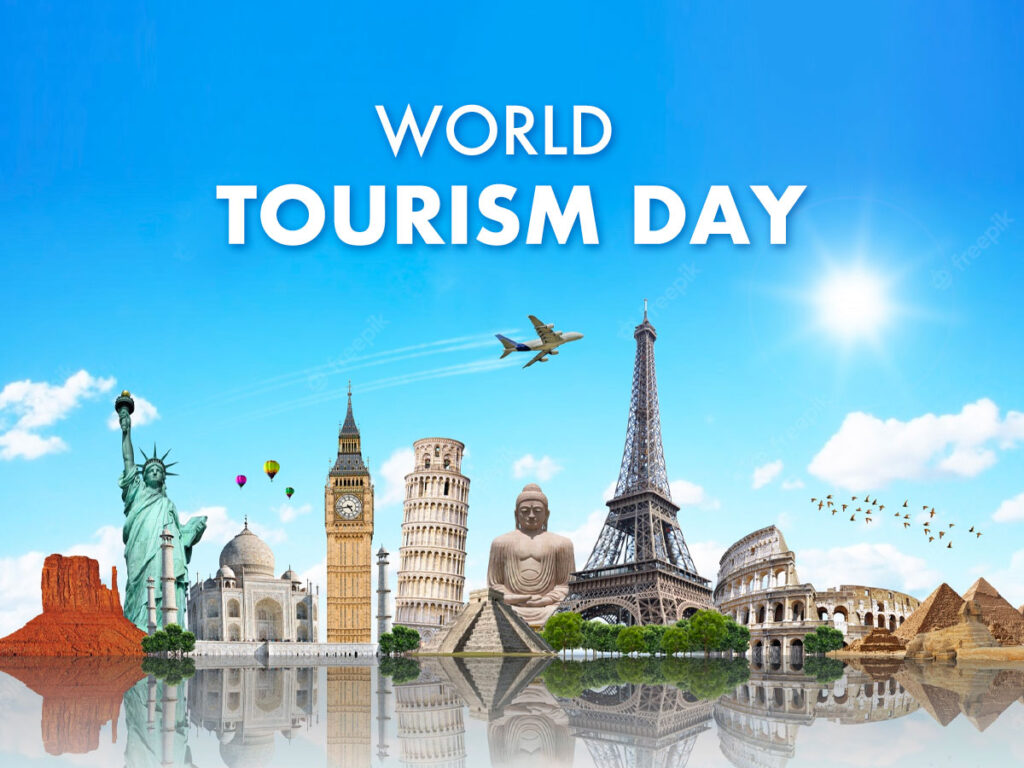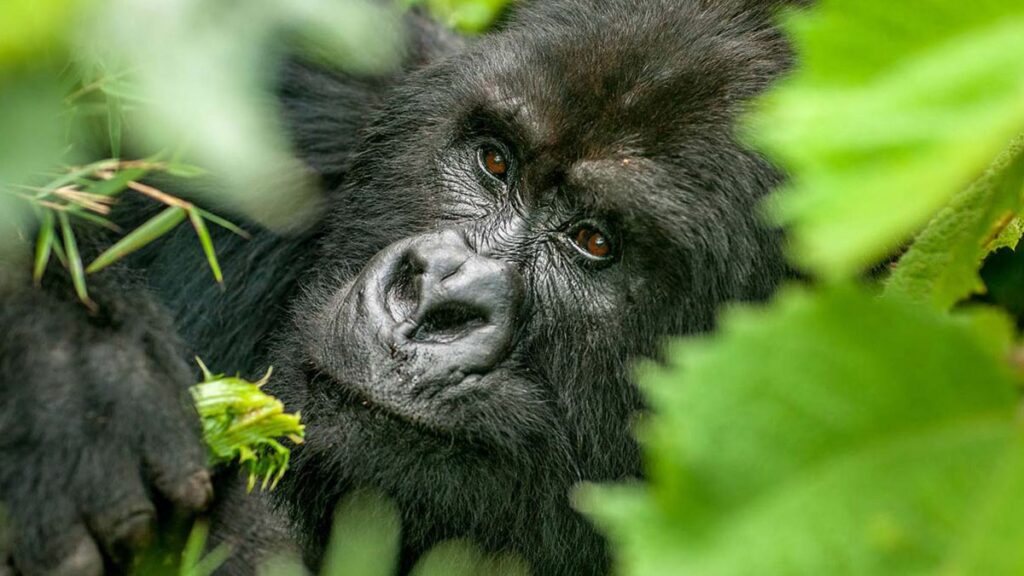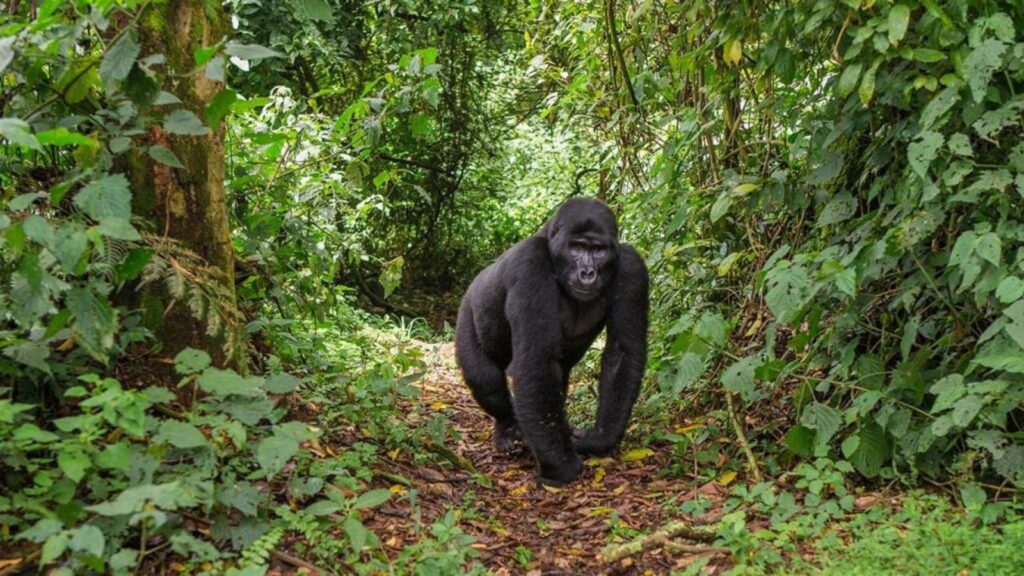Gorilla Trekking and Local Communities—Supporting People Near the Forests
Gorilla trekking is a unique wildlife adventure, but it also impacts the communities living near the forests. Bwindi Impenetrable National Park and Volcanoes National Park are home to small villages and indigenous groups like the Batwa. Responsible trekking ensures that tourism supports these communities while protecting the gorillas and the forest.
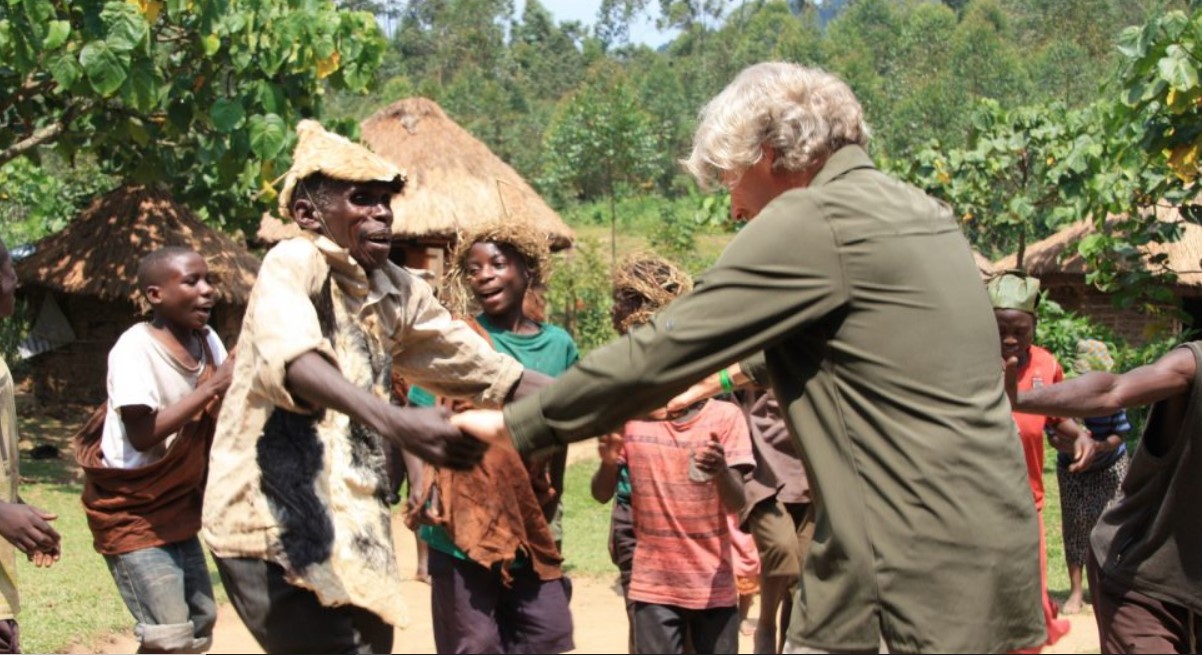
The Batwa People
The Batwa are the original inhabitants of the Bwindi and Volcanoes forests. They have a rich history as hunter-gatherers and forest dwellers. Today, their traditional lifestyle has changed, but they continue to preserve music, dance, and craft-making skills. Trekking tours often include guided visits where travelers can learn from Batwa elders, watch performances, and see traditional crafts. These visits provide income and help maintain their cultural heritage.
Village Visits Along the Trek
Many gorilla trekking routes pass through small villages. These stops allow you to see daily life in rural Uganda and Rwanda. You may observe local farming techniques, cooking methods, and weaving practices. Guides explain the significance of local crops, community structures, and how people coexist with the forest. Village visits provide insight into the challenges and achievements of communities living alongside the gorillas.
Supporting Local Communities
Responsible trekking includes hiring local guides and porters. Your spending on accommodation, food, and souvenirs directly benefits residents. Choosing locally-owned lodges or community-run camps ensures that your money supports the economy. Travelers can also participate in community projects, such as school programs, health initiatives, or reforestation efforts. Every contribution helps improve livelihoods while promoting conservation.
Best For
Travelers who want a deeper connection to both wildlife and people. Ideal for those who value cultural learning, sustainable tourism, and giving back while traveling.
Tip
Show respect during community visits. Ask before taking photos, speak softly, and follow the guidance of your local host. Your attitude affects how communities engage with tourists in the future.
Idea
Combine gorilla trekking with a hands-on cultural experience. Try traditional crafts, cook local dishes, or participate in environmental projects. These experiences make your trek more meaningful and memorable.
Plan Your Tour
Including local communities in your gorilla trekking itinerary enhances your adventure and supports sustainable tourism. Schedule time for Batwa visits and village stops. Learn from the people who live alongside the forest and the gorillas. By choosing responsible operators and lodges, you ensure that your journey benefits both wildlife and local communities, leaving a positive impact that lasts long after your trip ends.

